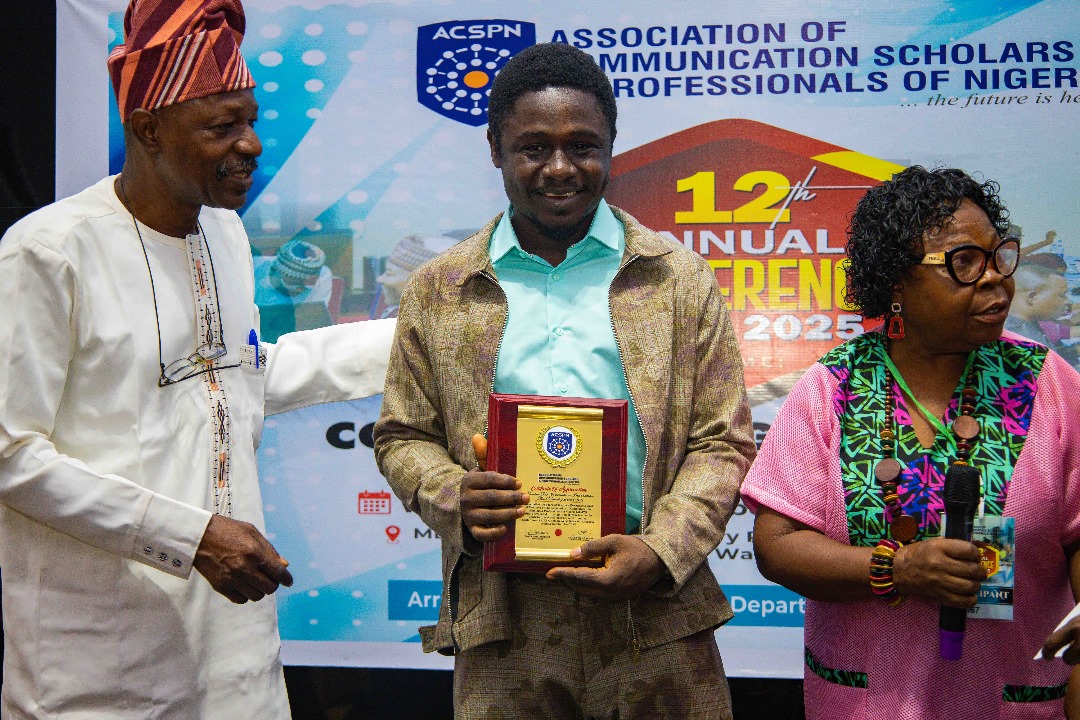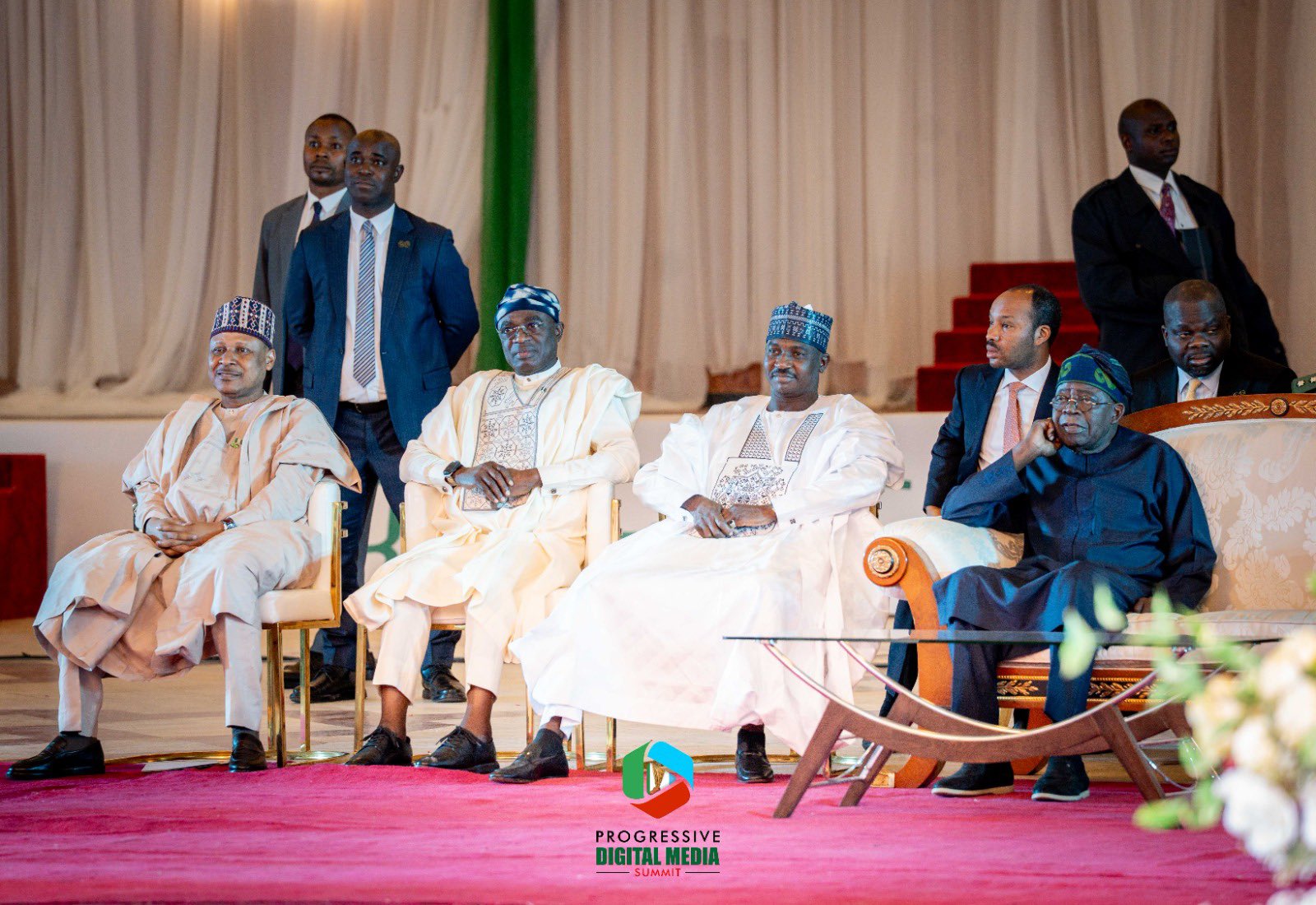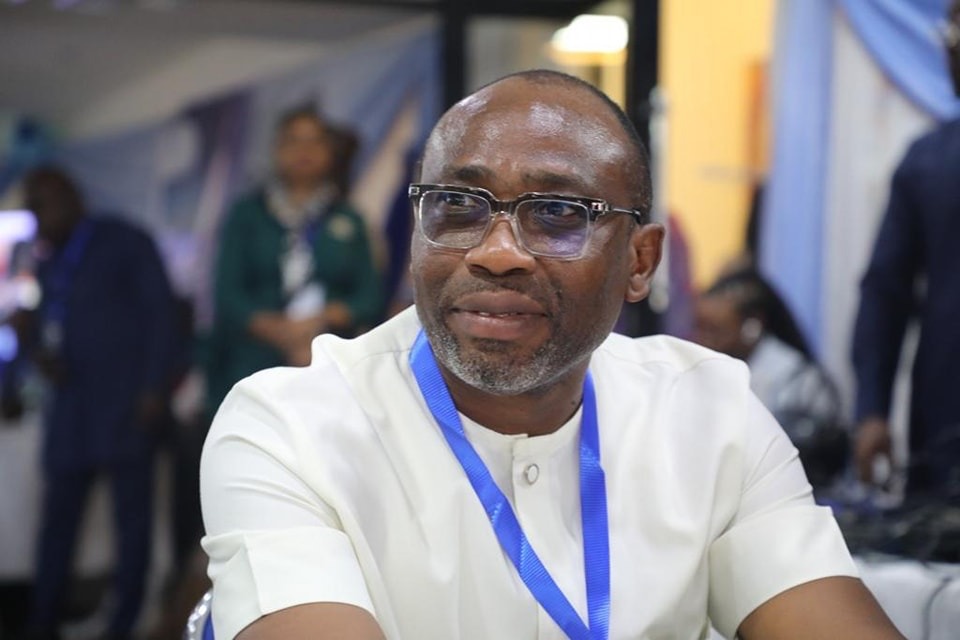Over 200 communication media scholars and professionals from across the country gathered recently for the 12th yearly conference of the Association of Communication Scholars and Professionals of Nigeria (ACSPN) held in Warri, Delta State.
Themed, ‘Corruption, governance and media in Nigeria,’ the professionals unanimously agreed that it has become necessary for members of the fourth estate of the realm to embark on investigative journalism that would expose corruption in the country.
In his opening address, ACSPN President, Prof. Rotimi Olatunji, noted that corruption prevents economic growth, scare away investment, degrade infrastructure, escalate poverty and insecurity and threaten the attainment of the Sustainable Development Goals.
Saying media and communication hold critical frontline position in the fight against corruption, he noted investigative journalism, public education and transparency initiatives could be used to expose wrongdoing and mobilise civic action.
To the don, through watchdog functions, the media amplifies voices against corruption and fosters accountability in governance.He, therefore, tasked media and communication professionals as vanguards to be relentless in investigative reporting – to expose corrupt acts, hold those responsible accountable, educate the populace, foster culture of integrity and empower citizens to demand transparency.
Olatunji urged communication and media scholars to ensure their research provide data and insights to inform evidence-based policies, engage in loud and clear advocacy reminding our leaders and the public that corruption is not just a moral failing but a direct assault on our collective future.
In his keynote address, Chairman of the Economic and Financial Crimes Commission (EFCC), Ola Olukoyede, who was represented by Assistant Commander and Head of Public Affairs, Benin Zonal Directorate, Williams Oseghale, called media practitioners to use their platforms in exposing fraudulent and corrupt practices in all sectors of society.
He noted that the media would only have fulfilled its constitutional mandate as the fourth estate of the realm when it effectively holds government accountable.
The lead paper, titled, ‘Transparency, governance and the media in Nigeria’ was delivered by Development Communication scholar, Prof. Ayo Ojebode.
The don observed the level misgovernance in the country at the national level is an aggregation of little molehills of misgovernance at smaller levels.
He challenged communication and media scholars to go beyond their formal curriculum and help students gain experiential exposure in investigative journalism to promote transparency, create framework for protecting those who seek to beam the searchlight where opacity is preferred and think of an appreciation system, an award scheme, for outstanding light-bearers.’
Delta State Governor, Sheriff Oborevwori, represented by the Executive Director, Projects, Delta State Oil Producing Areas Development Commission (DESOPADEC), Ebenezer Okorodudu, urged journalists and communication professionals to remain steadfast in their duty to hold leaders accountable while fostering trust between citizens and government.
The chairman of the occasion, Sen. Ned Munir Nwoko, represented by Consultant, Development Strategy, Communications and International Engagements, Gloria Okolugbo.
To Nwoko, “we must acknowledge a painful truth. Corruption has inflicted grievous harm on Nigeria’s democratic fabric. It has hollowed out our institutions, distorted governance, and eroded the trust between leaders and the led. Its reach has extended into virtually every domain of national life, leaving in its wake disillusionment, inequality, and stunted progress.
“In this context, the role of the media cannot be overstated. A democracy under siege by corruption requires more than passive commentary; it requires a media that is fearless, professional, and ethically uncompromising. What we require is not simply reportage, but investigative audacity, the kind of journalism that interrogates entrenched systems, unmasks concealed transactions, and sustains public scrutiny until accountability is achieved.
“But the responsibility of communication does not end with exposure. Communication, if consciously structured, can function as an instrument of cultural reorientation. It must, reinforce values of integrity and public service; enlighten citizens on both their democratic rights and their civic duties; spotlight models of transparent leadership as examples worthy of emulation and foster a public ethic that renders corruption socially intolerable. When communication is deliberate and principled, it transcends the mere transmission of information. It becomes a force for social transformation, reshaping attitudes, building civic character, and redirecting the moral compass of the nation.
In a communiqué issued after the conference and jointly signed by the ACSPN President Prof. Olatunji and General Secretary, Dr. Solomon Oyeleye, respectively, the following recommendations were made: the body should work with like-minded institutions to facilitate a multi-stakeholder collaboration involving the government, the media, the academia and the civil society to develop and promote holistic strategies for tackling corruption in Nigeria.
The body said communication scholars and professionals should deploy their competencies to the conduct of research into such areas as the dynamics of corruption, the policy frameworks, the legislative mechanisms, the institutional challenges, the attitudinal issues and the international best practices, among others, towards helping to fashion enduring solutions.
It also said journalists and other media professionals in Nigeria should re-commit to investigative journalism being a veritable for fighting corruption and enhancing accountability more so as section 22 of the constitution obligates the media to monitor governance and ensure the accountability of the government to the people; journalists and media institutions demonstrating courage through the pursuit of investigative, fact-checking and public interest journalism should be incentivised with reward systems while their safety should be guaranteed through protective legal frameworks.
Other recommendations include, for the media to have healthy political economy that strengthens their independence and capacity to demand transparency and accountability, media institutions should diversify their funding beyond traditional models by exploring digital platforms and establishing media endowment funds, among others, for sustainability and the welfare of journalists; civic and moral education should be re-incorporated into the educational curriculum as a step towards re-orientating the society to the core values of honesty, transparency and accountability.The special guest of honour and co-chair was Prof. G.G. Darah.






